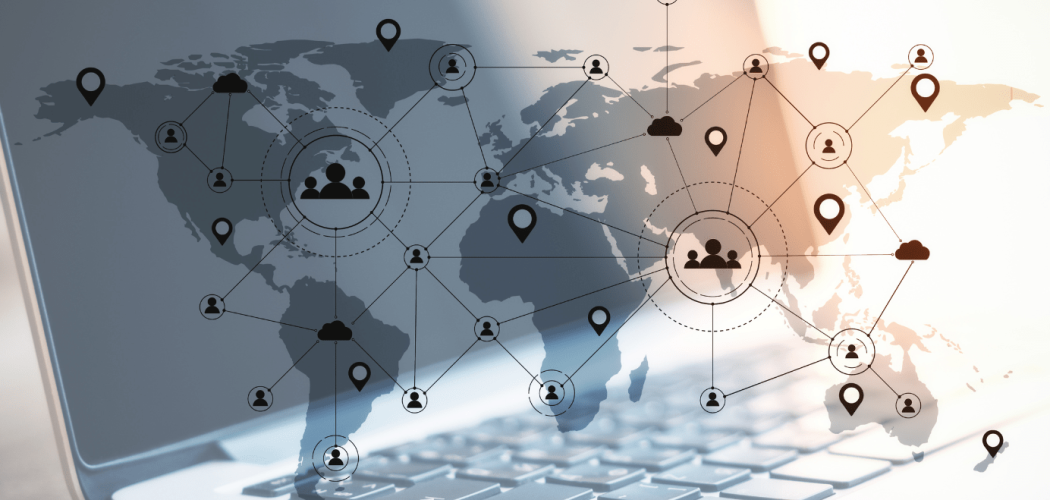
The Future of Remote Work: ERP and the Distributed Workforce
The landscape of work is undergoing a radical transformation, and as the lines between office and home blur, the role of ERP systems has become increasingly crucial in supporting the dynamic needs of a distributed workforce. Here are four distinctive ways ERP systems are shaping the future of the distributed workforce:
1. Seamless Collaboration Across Time Zones: One of the distinctive strengths of ERP systems lies in their ability to facilitate seamless collaboration across geographically dispersed teams. With features such as real-time data sharing, centralized communication channels, and synchronized workflows, ERP systems ensure that employees in different time zones can collaborate efficiently.
2. Advanced Analytics for Remote Productivity Monitoring: While remote work offers flexibility, it also raises concerns about productivity tracking. ERP systems come equipped with advanced analytics tools that enable organizations to monitor and analyze remote employee productivity comprehensively. From tracking project milestones to measuring individual performance, ERP analytics provide valuable insights, empowering businesses to make data-driven decisions and optimize their remote work strategies.
3. Adaptive Security Protocols: In the remote work landscape, security is a top concern. ERP systems go beyond standard measures by employing adaptive security protocols. These systems dynamically adjust security parameters based on user behavior and location, providing an extra layer of protection for sensitive data accessed from various remote locations. It's not just about traditional security; it's about intelligently adapting to the evolving threat landscape in the context of remote work.
4. Employee Training and Onboarding Reinvented: The onboarding and training of remote employees can be challenging, but ERP systems offer innovative solutions. Through integrated learning management systems and virtual training modules, ERP platforms facilitate remote onboarding, ensuring that new team members can quickly adapt to the company's processes and policies. This not only accelerates the integration of new hires but also contributes to a more agile and adaptive remote workforce.
With the demand for remote working growing, Microsoft Dynamics 365 steps up as a seamless solution, integrating effortlessly with Office 365. Imagine updating Dynamics 365 effortlessly while using Outlook and Teams—no need to switch apps, just a seamless flow of productivity. The Outlook integration simplifies contact management. Instead of copy-pasting, a click on the Dynamics 365 icon lets you add a new contact swiftly.
Now, let's talk practical perks. Dynamics 365 brings in gamification, turning work tasks into a game in Teams. Real-time leaderboards add a fun, motivating touch for everyone, from business development to the sales team. Talking about efficiency, Dynamics 365's interactive dashboards are a game-changer. It's not just data; it's a dynamic tool guiding your workflow and boosting your team's performance.
As the remote work scene continues to unfold, think of ERP systems as your trusty sidekicks, ensuring a smooth journey. From streamlining teamwork to fortifying digital defenses, these systems are the unsung champions of the distributed workforce. Curious to explore the possibilities of remote success? Let’s chat! Connect with Zillancer and redefine your work experience.







